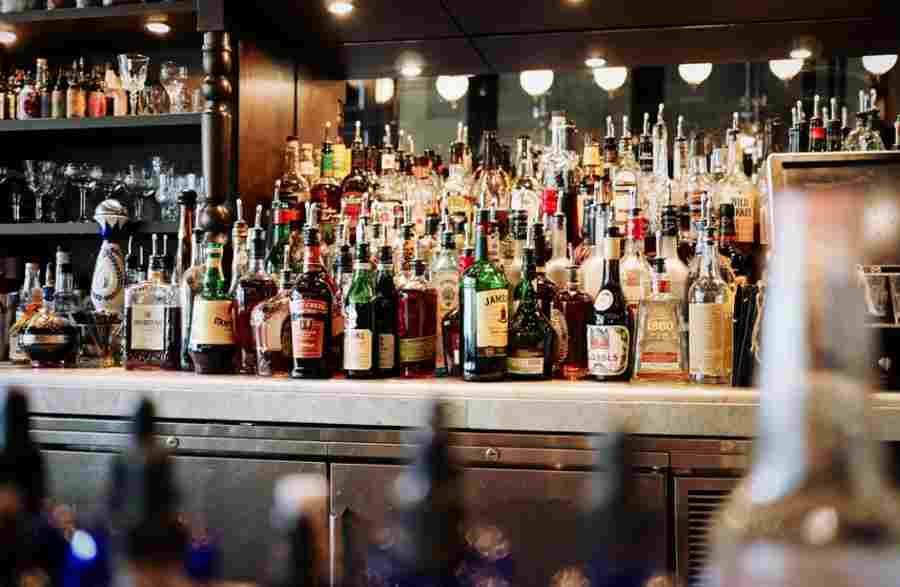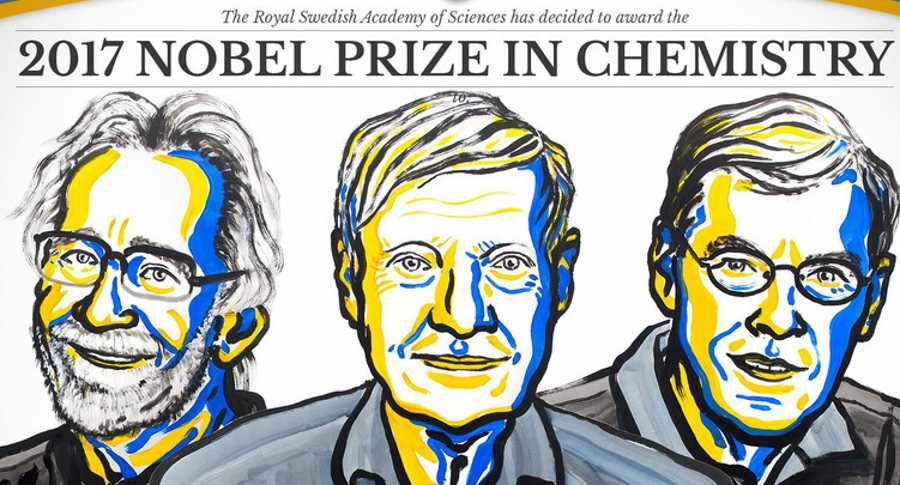
Different types of alcohol affect mood differently
Different types of alcohol affect mood differently
Alcohol has been known to mankind for thousands of years. It accompanies us during social interactions, appears at important ceremonies or rituals. It is with us from one head of any reason – makes us feel good. But specifically how the? This question was answered by British researchers in the „British Medical Journal”. It turns out that The different types of alcohol can cause different emotional reactions.
„Understanding the emotions associated with alcohol consumption is necessary to solve the problem of alcohol abuse. Pom c can provide insight into what emotions affect the chosen beverage in between The different groups in the population” – wrote the scientists behind the research.
The analysis used data from the Global Drug Survey, the world’s largest survey of drug use in and alcohol among d os b. The survey included questions about alcohol consumption and feelings about drinking beer, beverage in spirits and red or white wine – at home or away from home.
Researchers focused on studying the emotions associated with the consumption of The different types of in alcohols. They examined who ry nap j makes us stimulated, confident, and kt ry arouses aggression in us, makes us feel bad, tired. It has also been studied after consuming what drink makes us feel sexy, which ry relaxes us the most, and what kind makes us anxious j. The researchers also hoped to discover who might be most susceptible to these emotional changes.
Researchers in particular They analyzed data from about 30,000 participants on a random basis In surveys between the ages of 18 and 31. The participants came from 21 countries and, according to the survey, drank each of the types listed in alcohol over the past year.
The results showed that different types of alcohol can cause trong emotions. For example, strong spirits, as in dka or whiskey, were more likely to evoke negative emotions in por In comparison to all other types of in alcohol. But red wine was associated with more positive feelings: about 53 percent of participants The survey found that they felt relaxed after drinking it. About 50 percent participant associated the same feeling with drinking beer. Strong alcohol was the least associated with relaxation.
– From age history of rum, gin, w dka and other strong alcohols was associated with violence. This study shows that the same is still true today. Consumption of high alcoholic beverages is more often associated with aggression – admitted Mark Bellis, a professor at Bangor University in the UK, wsp routor research.
– It is important to better understand the also the negative aspect of alcohol consumption. If we want to help people make informed decisions about their drinking, they should know how alcohol affects a particular nastr j and emotions – said Alisha Davies of Public Health Wales, Also involved in the study.
But it is not only aggression that is associated with strong alcohols – according to the analysis. 59 percent. respondents admitted that after w dce or whiskey they feel stimulated and are more confident. 42 percent. os b also admitted that they feel sexier after strong drinks.
A beverage, after which The least sex-appealing of the subjects was beer. Only 19 percent of. respondent reported such an effect. But 45 percent of. admitted that they were more confident after beer, while 25 percent of. found that beer stimulates them. Beer and red wine also caused fatigue and lethargy in respondents. Not surprisingly, red wine contains sizable amounts of melatonin.
The researchers noted that reactions to t h e different types of alcohol largely varied according to education level, country of origin and age. For example, people between the ages of 18 and 24 are more likely to associate alcohol with feelings of self-confidence and arousal when drinking away from home.
Sex also makes a difference. In a pore n comparison with men, women were more likely to associate their feelings with ith all types of alcohol except aggression. Men are significantly more likely to associate aggression with all types of alcohol, and in those classifying themselves as addicts, the rate increases sixfold.
Scientists aren’t sure why this happens. Perhaps żne individuals They react differently to each lne components in alcohols. The influence may be m riences of fluids, with which hich alcohols are mixed. Alcohol causes more than three million deaths in annually. That’s why researchers stress that a sensible approach and moderation is very important.

